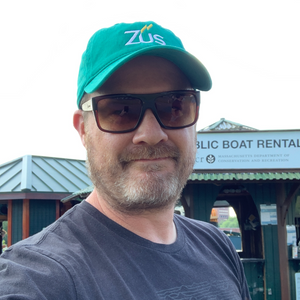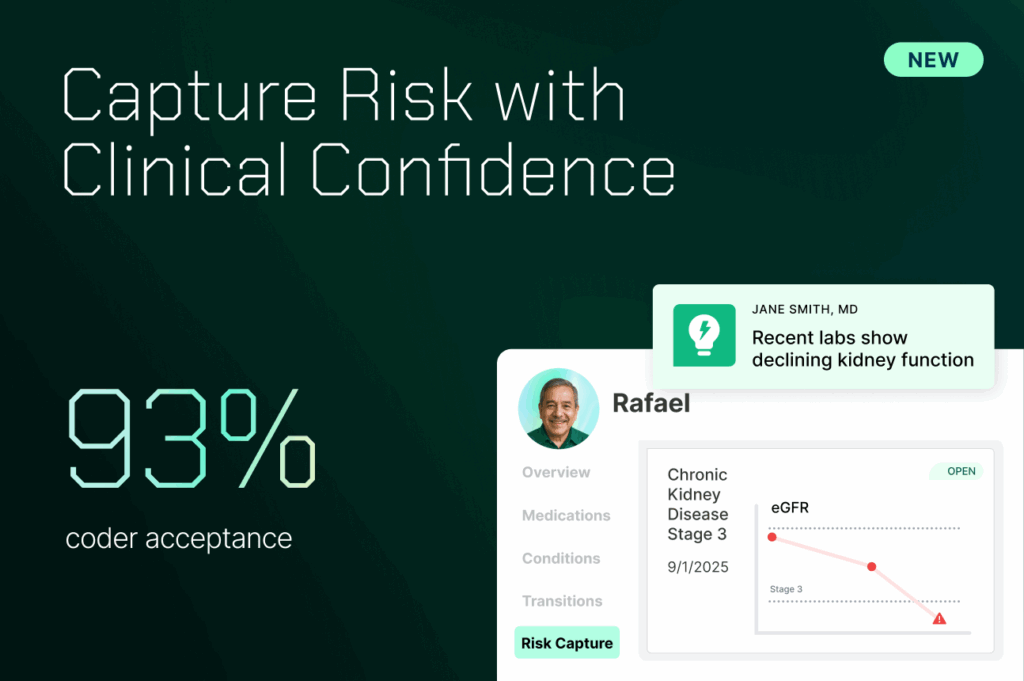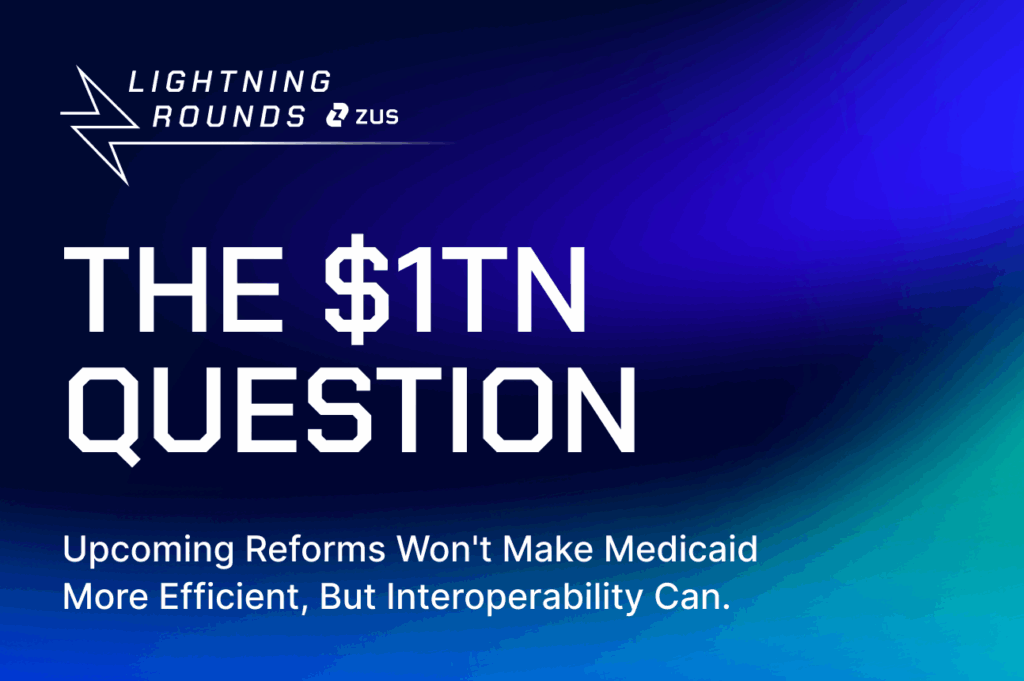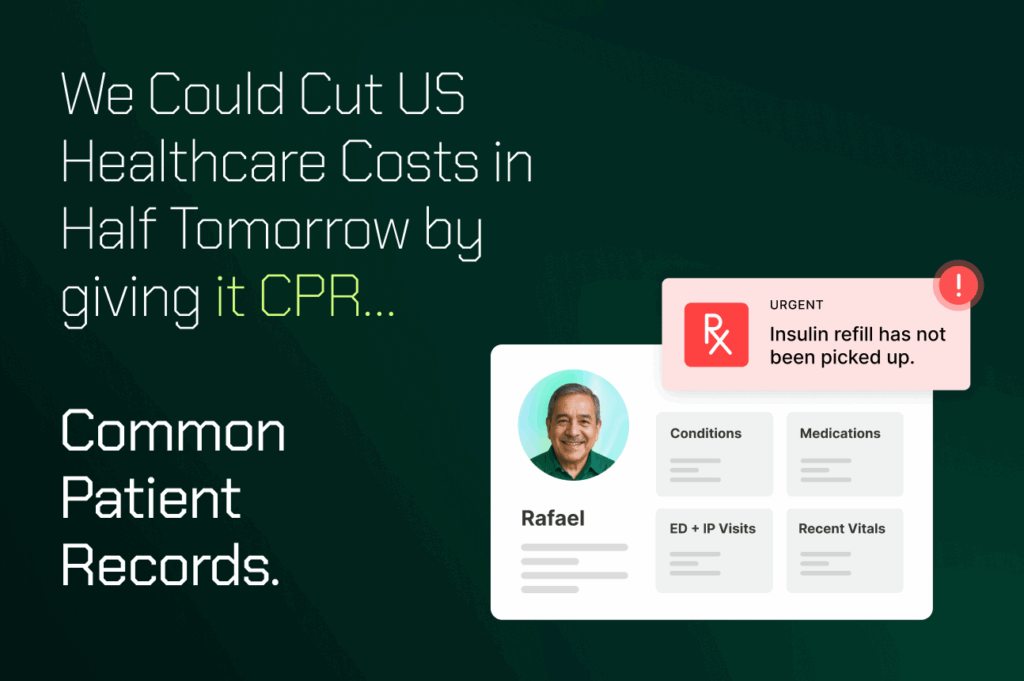At Zus, we’re building healthcare infrastructure that doesn’t just power software. It powers better care. That means listening deeply, testing rigorously, and building with laser focus on what matters most: the people delivering care, the safety of their patients, and the real-world usability of every tool we put in their hands. We build thoughtfully–with urgency and purpose–for the clinical users navigating the front lines of fragmented care every day.
Our product philosophy is grounded in a few core principles that keep us focused on doing what’s right, every step of the way.
Listen to Those on the Front Lines
Every day, healthcare workers – physicians, nurses, medical assistants, care coordinators, and support staff – navigate fragmented systems while trying to care for patients. These users aren’t just our customers. They’re our compass. From day one, we’ve involved them in our design and development process. Their insights shape our roadmap, challenge our assumptions, and keep us honest about what “better” actually means. To be better, Zus strives to improve the experience of understanding a patient’s medical history, ensures that the data being transmitted from Zus is both precise and accurate, and drives toward enabling our clients to deliver better care to their patients.
We conduct deep user interviews, observe real workflows, and bring early concepts into live environments—long before launch. Whether it’s a new data normalization tool or an AI-powered clinical summary, we prioritize what saves time, reduces cognitive load, and prevents errors. We don’t just build additive tools, we build things to take away friction and pain.
Build for Safety from the Start
Patient safety isn’t a box to check. It’s the backbone of every decision we make. We don’t treat it as a final QA step – it’s embedded in the process from the first line of code to the last mile of delivery. That means we are designing with clinical clarity, filtering out data noise to spotlight what matters, and delivering the confidence clinicians need to trust the data and act without hesitation.. Our clinical and engineering teams work side by side, pressure testing data fidelity, system behavior and the messy edge cases that only show up when a patient’s well being is on the line.
We’ve also built safeguards into our infrastructure. That includes automated monitoring, rigorous testing frameworks, and detailed review processes that simulate how our features perform under real clinical conditions.
“We don’t design in a vacuum. Every wireframe, every workflow, every interaction is stress-tested against real clinical routines. If a medical assistant tells us something adds friction, we go back to the drawing board.”

Part of designing for patient safety also means knowing when NOT to build. If clinical accuracy cannot be guaranteed, we draw a hard line–especially in high stakes workflows like medication reconciliation. When a clinician is making decisions based on a patient’s med list, timeliness and precision aren’t optional, they are life critical. That’s why we will not support any integration where medication data transmission isn’t 100% reliable. If a system cannot safely reflect reality, then we will not pass the data through. Close enough isn’t good enough at the point of care.
Learn Fast, Iterate with Care
We work in short cycles so we can learn quickly, but we don’t confuse speed with recklessness. We pilot features with trusted partners, collect structured feedback, and look for unintended consequences. If something doesn’t work, we fix it or pull it – because we don’t ship features just for the optics. We build for impact.
As we’ve iterated on the Generated Patient Summary (GPS) AI Summary, one thing became clear: summaries are helpful and sources are essential. Early user testing consistently surfaced the need to link every summary back to its source. Clinicians want to know where the information came from and why it matters. So we made evidence-linking a non-negotiable. If we can’t show the source, we won’t show the summary. This ensures we keep GPS grounded in both accuracy and accountability.
Why It Matters
There’s a lot of noise in healthcare technology. Flashy demos and fast-moving hype can obscure the fundamentals. But real change—the kind that actually makes it easier to care for patients—requires a different approach. At Zus, we believe the best products don’t just work; they earn clinicians’ trust, respect their time, and protect their patients.
That’s the standard we hold ourselves to. And that’s how we’ll keep building.




